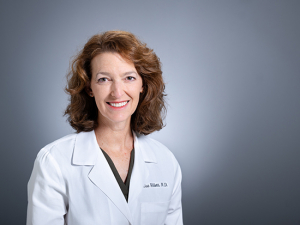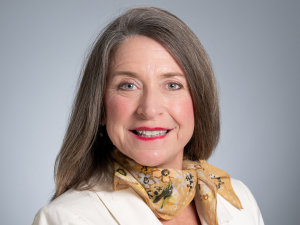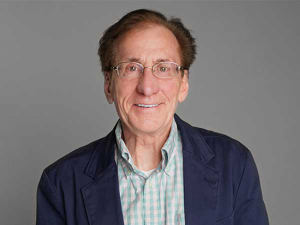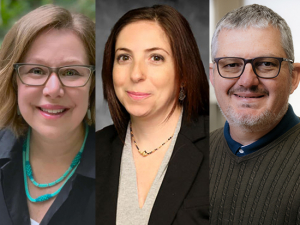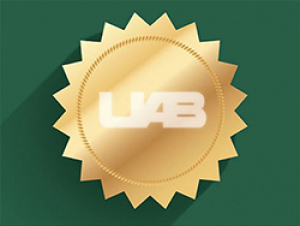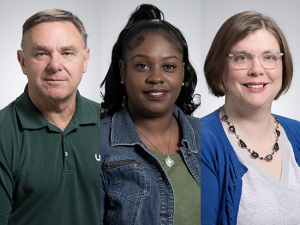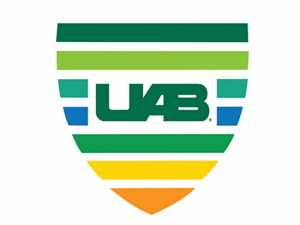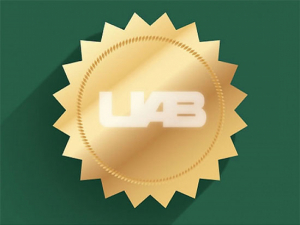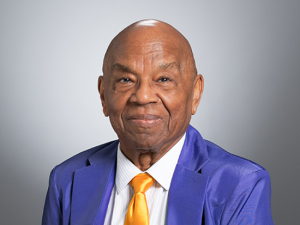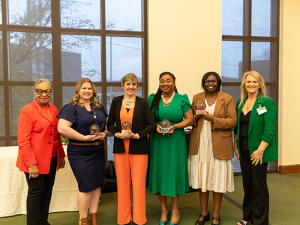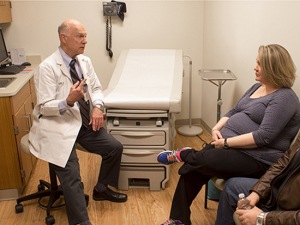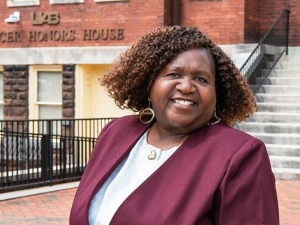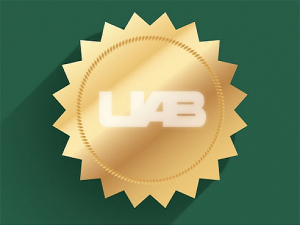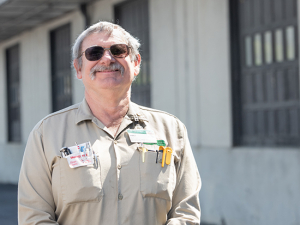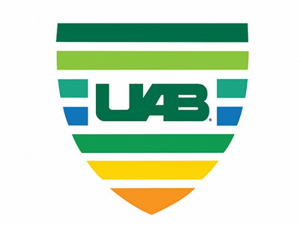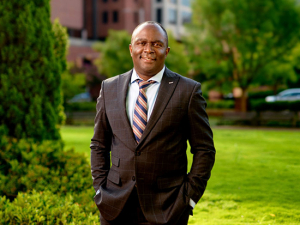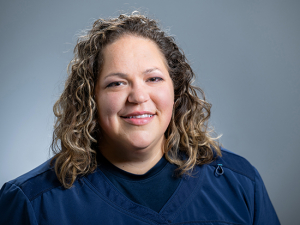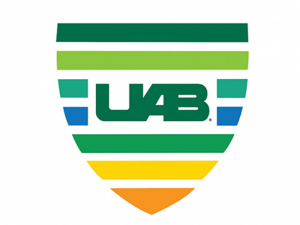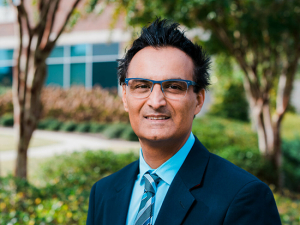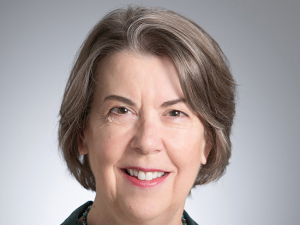 |
| Robin Foley (right), associate professor of Materials Science & Engineering and the Electron Optics Lab manager, works with Andrew Uehlin on the School of Engineering’s new Scanning Electron Microscope. Foley has been a key figure in the lives of thousands of students during the past 23 years. |
The School of Engineering has long had a strong research effort in casting technology and metals processing. Robin Foley, Ph.D., associate professor of Materials Science & Engineering and the Electron Optics Lab manager, has been an important part of the metallurgical engineering research team for more than 23 years and is a recognized expert in materials characterization.
In addition to being responsible for the materials characterization aspects of many research projects, Foley has brought her experiences associated with the analysis and characterization of materials failures into the classroom and laboratory to motivate her students and aid in their education.
The students respond to her teaching, and Foley consistently receives high evaluation marks. They say she is well prepared, enthusiastic and inspirational. Her hands-on lab instruction is cited by many as critical to their achievement.
For her efforts, Foley is the 2011 recipient of the Ellen Gregg Ingalls/UAB National Alumni Society Award for Lifetime Achievement in Teaching.
“For engineering, I believe hands on is the best way to learn,” Foley says. “For the technical field we’re in, actually doing stuff — and that includes writing and presenting — is a way the students learn more than just by taking tests. I try to put that a lot into my class. And you don’t teach a lab by leaving them by themselves. You stay with your students while they’re doing the work. You’ve got to put the hours in.”
Viola Acoff, Ph.D., professor and head of the UAB Department of Metallurgical & Materials Engineering, certainly remembers the hours Foley put in on her behalf.
Acoff had just started her graduate studies at UAB about the time Foley was hired. When Acoff began work on her master’s thesis, her advisor noticed that she needed to evaluate her specimens using the transmission electron microscope (TEM). However, it was going to be a couple of terms before the TEM course was offered, which would have delayed the completion of her master’s degree.
Foley immediately began to help Acoff and personally trained her on the TEM so her work would not be delayed.
“She worked side-by-side with me until I advanced to the point where I could operate the TEM on my own,” Acoff says. “Even then, she was always just a phone call away whenever I needed advice or assistance.”
Acoff’s work was later recognized twice for international Best Paper awards for the Microscopy Society of America and the Welding Journal, which is a peer-reviewed publication.
Joseph Puckett, who earned his undergraduate (2000) and graduate degrees (2002) in materials engineering, says Foley was a driving force for him at UAB and afterward, when he was preparing for his professional engineer’s licensure examination. Puckett says Foley’s methods have paid big dividends in his professional career.
“I have often used the services of the microscopy and diffraction laboratories that Robin manages for the department. She has been able to provide information and insights that have been of great value to my employer and our customers,” Puckett says. “On a much larger scale, Dr. Foley’s research in areas including machinability, defect reduction and nondestructive evaluation have helped to improve the products and processes of the entire foundry industry.”
Foley says she views teaching as a complicated process, which involves emotional and technical components. The technical components, Foley says, include deciding what should be covered, organization of the material, grading decisions and use of technology. But she believes to be an effective teacher, she also has to be emotionally and socially aware and adjust to the situations that arise with her students.
But Foley says the most important aspect of teaching — and the most difficult — is teaching by example.
“Since I expect my students to turn things in on time and do good work, I try and do the same,” Foley says. “I tell them when an exam will be returned, and it is returned on that date. I am never late and use my entire class time. These are simple things, but have a profound effect on the student’s attitude.”
Foley has taught undergraduate and graduate engineering classes ranging from Introduction to Engineering and Introduction to Materials Engineering to Characterization of Materials and Seminars in Materials Science and Engineering. She also has taught numerous lab courses, including Characterization of Materials, Casting Metallurgy and Ferrous Metallurgy.
“It’s fair to say that no materials engineering student goes through our program without the direct help of Dr. Foley,” says J. Barry Andrews, Ph.D., chair of Materials Science & Engineering. “She is a superb teacher that has a dramatic impact on the students in our program.”
Foley’s family moved to St. Louis almost immediately after she was born at UAB Hospital “several years ago,” she says. She attended the University of Illinois for her undergraduate degree and received her doctorate at the University of Wisconsin.
Her family ties brought her back to Birmingham frequently for visits, and a job interview led to her joining the UAB faculty in 1989. When the job was offered, she jumped at the opportunity. “When people ask me where I’m from, I always say UAB,” Foley says.
More than two decades later, Foley says she still can’t see a life for herself without students and without teaching.
“Once I went to university, I never wanted to leave,” Foley says. “I love the university life. My mom and aunt were teachers — very good teachers. My son Joseph Jablonsky is going to UAB now, and he wants to be a high-school English teacher. My sister-in-law is a teacher. We’re a family of teachers. It’s just what we do. And it’s a great life.”
